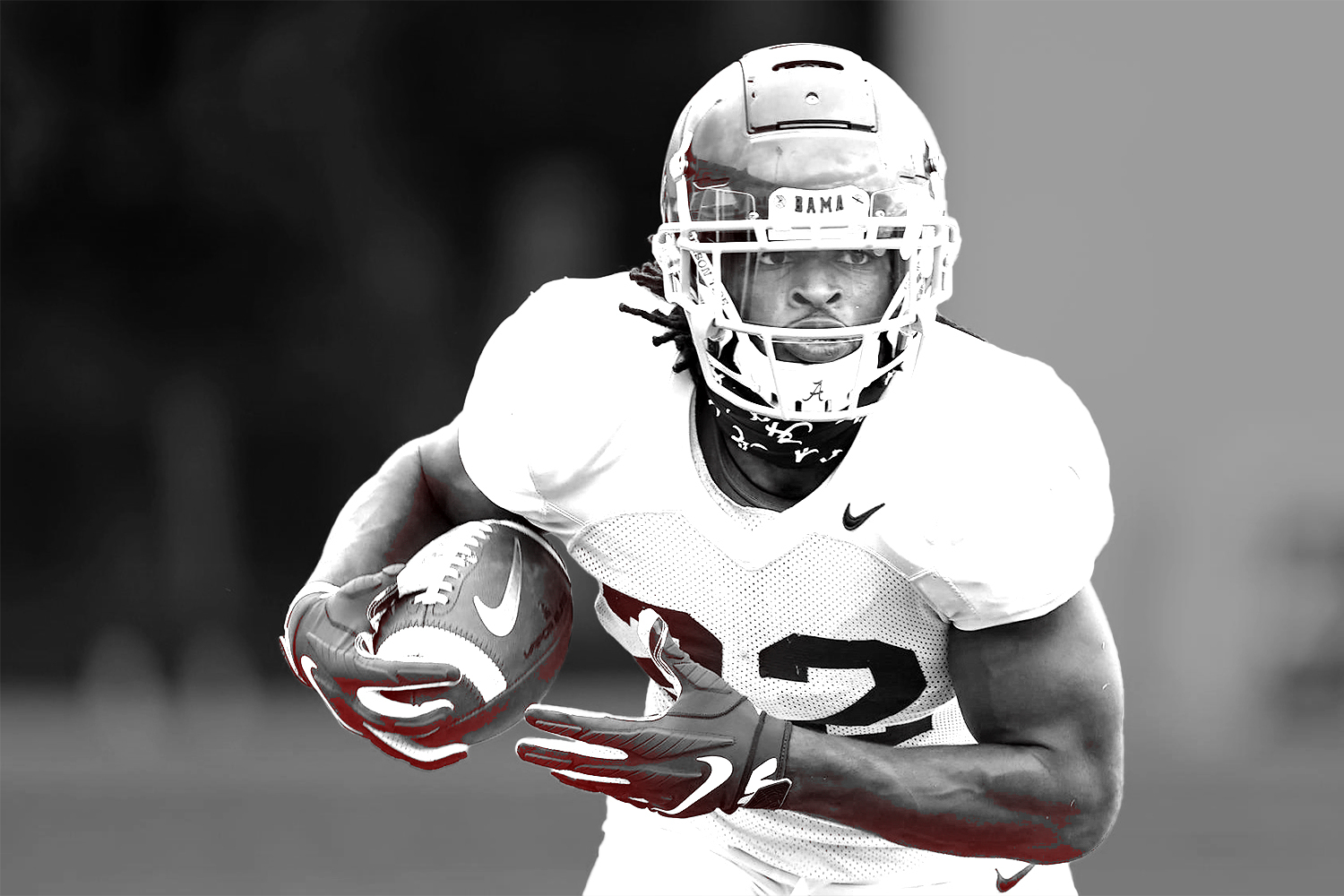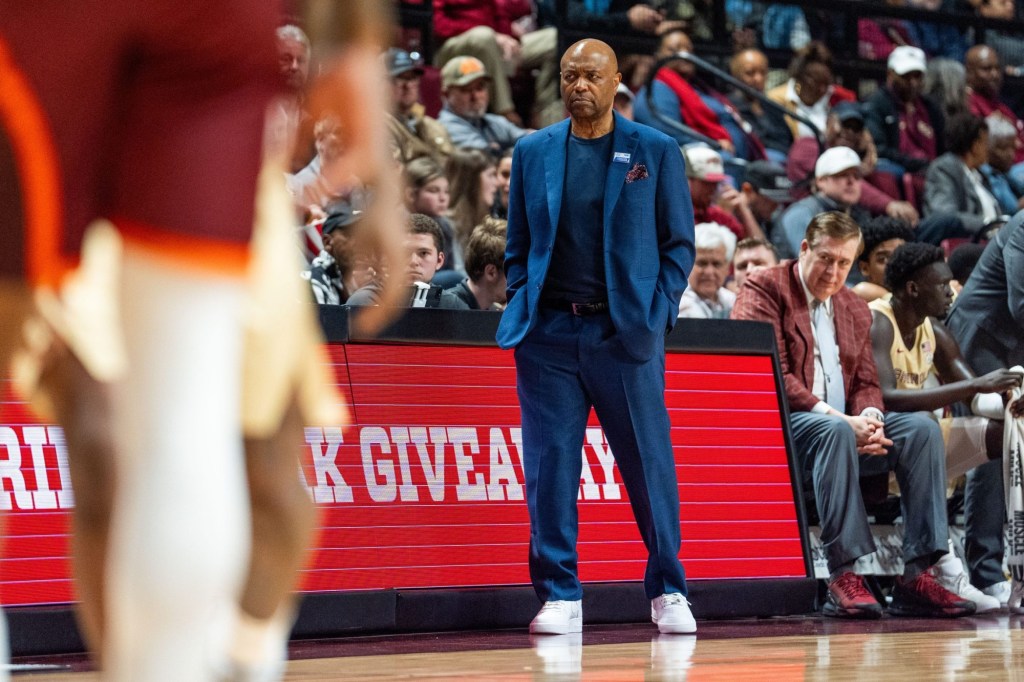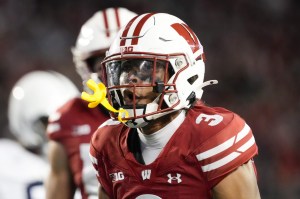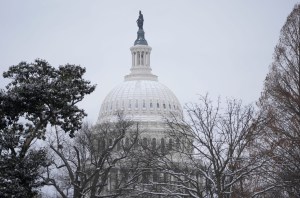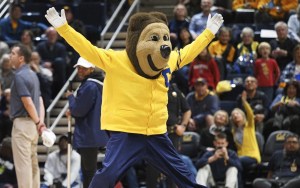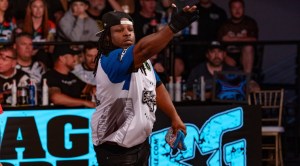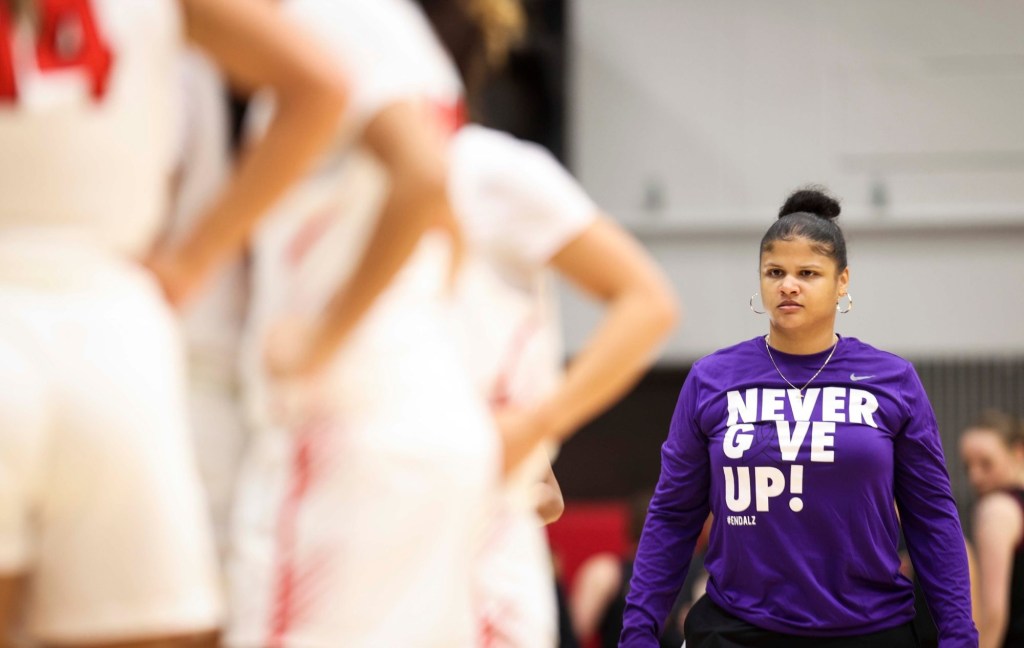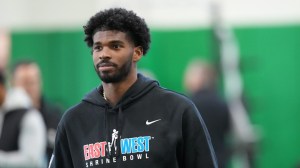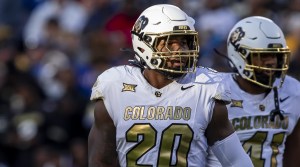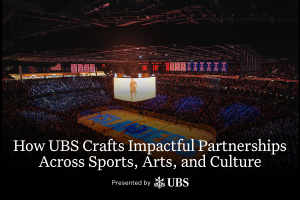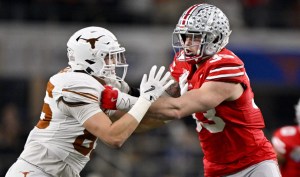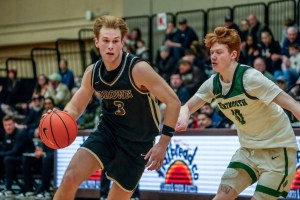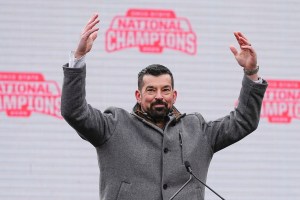Many of Monday’s reactions made it sound like the battle for college sports reform ended with the Alston ruling. But the fight to fix NCAA exploitation neither began nor ended with Alston.
A cadre of college sports reformers have been fighting the NCAA in court and working on alternative models for years, if not decades. They provided a more seasoned perspective to FOS.
To them, the ruling brings cautious optimism. But everyone agreed that, as economist Andy Schwarz said, “A next step is needed.”
A Little Vindication
Schwarz and fellow economist Daniel Rascher have been studying the NCAA since the late 1990s, and were involved not just in NCAA v. Alston, but also O’Bannon v. NCAA and White v. NCAA.
Back in the ‘90s, “I naively figured we’d be where we are today after about 5-10 years,” Rascher said.
Schwarz said that since then, “I have had all sorts of people tell me that college athletes are not, in fact, entitled to the same market freedoms as other adults. It is somewhat validating to have nine Supreme Court justices say they actually are.”
Like the others, Ricky Volante, lawyer and CEO of the Professional Collegiate League (which Schwarz also helped co-found), was happy to see the decision. But he won’t be doing a victory lap anytime soon.
“College athletes deserve to be recognized and treated as full-fledged citizens, which means receiving a salary plus benefits (not just more perks), the right to unionize, the right to collectively bargain, and more,” he said. “Until we reach that point, I’ll personally find it difficult to celebrate this decision or flawed NIL bills going into effect.”
Reassessing the System
“I still believe it will take outside forces to get athletes their full rights, and the full set of options they deserve,” Schwarz said. Schwarz and Volante are in favor of budding organizations like theirs that will treat players like employees.
David Ridpath, an Ohio University sports management professor and former president of The Drake Group, was optimistic. But as for next steps, “As The Drake Group has been advocating — it is time to take a serious look at this system via a presidential commission … and reassess the purpose and place of educationally based elite sport development in our country,” he said.
More lawsuits are also possible. And so is pushing NIL rights further.
